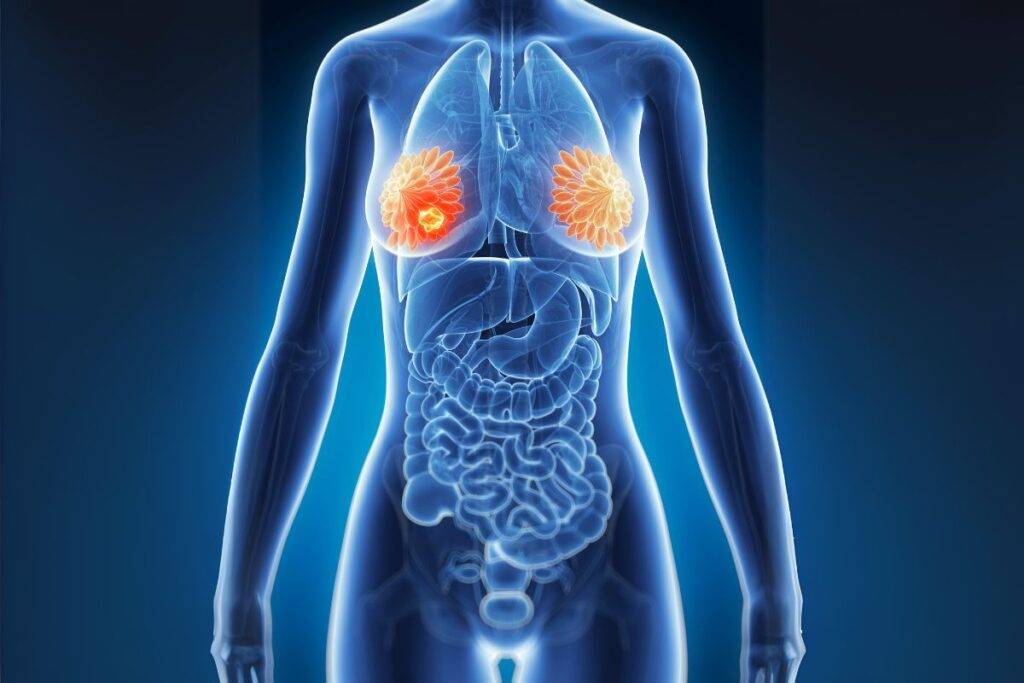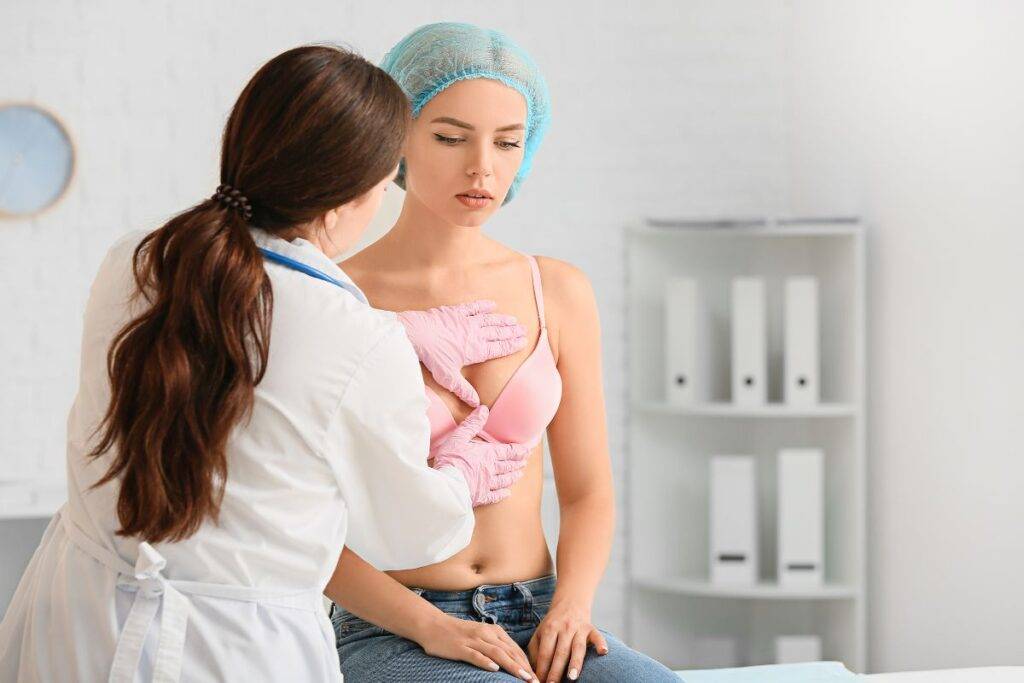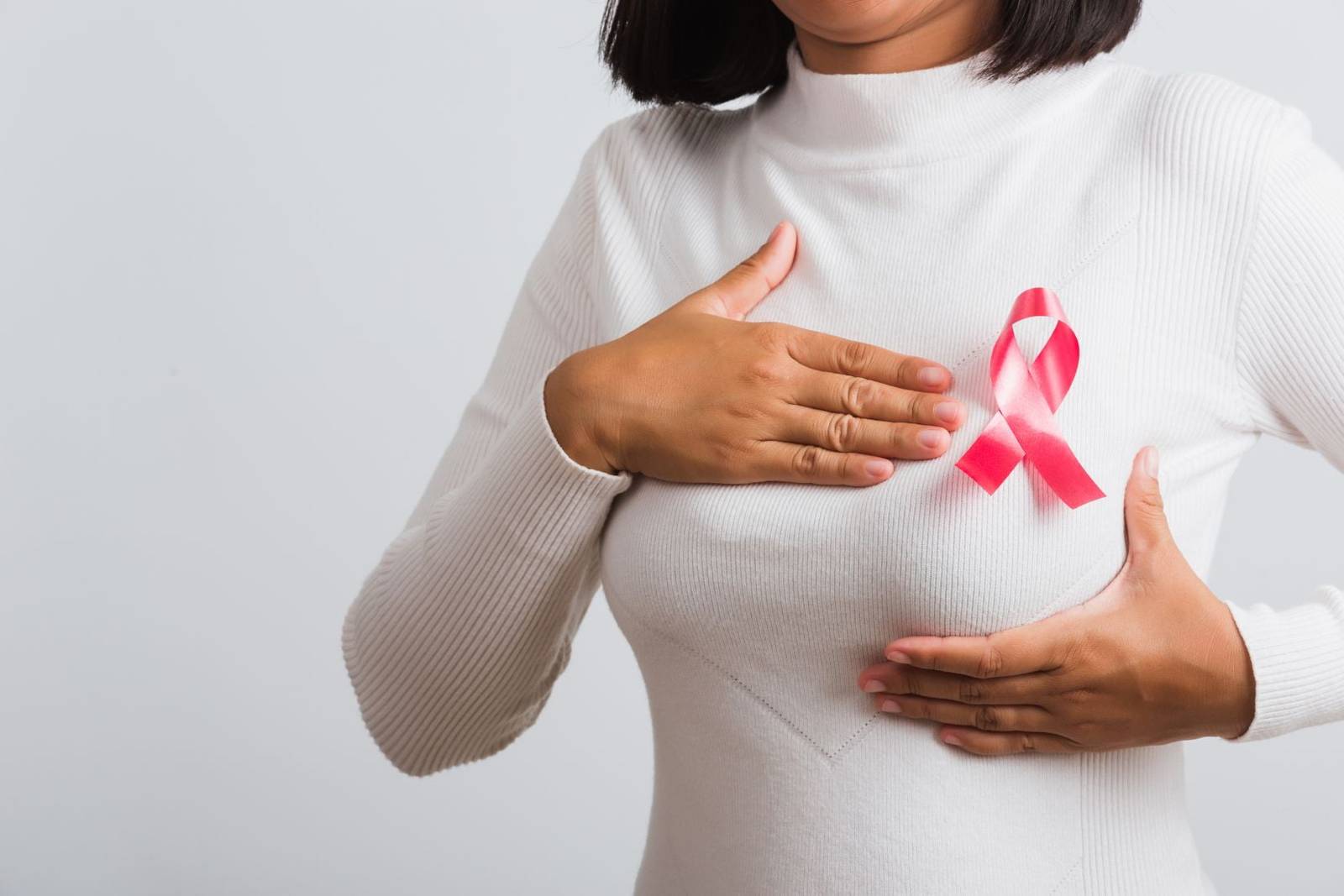Breast cancer remains a significant health challenge, affecting millions of women globally. Yet, through early detection, heightened awareness, and dedicated self-care, we can improve the odds in our favor. This blog will explore the importance of breast cancer awareness, practical steps for maintaining breast health, and recognizing critical warning signs. Equip yourself with knowledge and proactive measures to safeguard your well-being.
The Importance of Breast Cancer Awareness
Breast cancer awareness transcends the symbolic pink ribbons. It involves comprehending the significance of early detection, advocating for regular screenings, and fostering a supportive environment for those impacted. Here’s why this awareness is vital:
Early Detection Saves Lives: Identifying breast cancer in its initial stages significantly enhances the success rate of treatments. Mammograms and self-examinations are crucial tools in this early detection process.
Knowledge is Power: Being informed about your risk factors, family history, and lifestyle choices enables you to make proactive health decisions and adopt preventive measures.
Support and Solidarity: Awareness cultivates unity among women, building a network of support for those facing breast cancer.

How to Care for Your Breast Health
Proactively caring for your breast health is essential in preventing breast cancer. Here’s how you can take charge:
- Healthy Lifestyle Choices:
- Balanced Diet: Incorporate a variety of fruits, vegetables, and whole grains. Limit intake of processed foods and sugars.
- Regular Exercise: Engage in activities like walking, jogging, or yoga to maintain a healthy weight and reduce breast cancer risk.
- Moderate Alcohol Consumption: Keep alcohol intake in check, as excessive consumption is linked to higher breast cancer risk.
- Self-Examinations:
- Monthly Breast Self-Exams: Regularly perform self-exams to detect any lumps or changes in skin texture.
- Understanding Your Body: Know the natural variations in your breasts to quickly recognize any unusual changes.
- Clinical Screenings:
- Mammograms: Discuss with your healthcare provider about when to start regular mammograms, typically recommended from age 40 based on risk factors.
- Clinical Exams: Schedule regular clinical breast exams with your healthcare provider to identify changes that self-exams might miss.

Recognizing the Warning Signs
Awareness of breast cancer warning signs is critical for early detection. Consult your healthcare provider if you observe any of the following:
- Breast Lumps: New or growing lumps in the breast or underarm area.
- Changes in Breast Appearance: Unexplained changes in size, shape, or skin texture.
- Nipple Changes: Inversion, discharge, or pain.
- Skin Changes: Redness, dimpling, or puckering.
- Breast Pain: Persistent, unexplained pain.
- Swelling: Swelling in the breast, even without a noticeable lump.
- Axillary Lumps: Lumps in the underarm area.
These symptoms do not necessarily indicate breast cancer but warrant evaluation by a healthcare professional to rule out concerns.
Breast cancer awareness should extend beyond October’s Breast Cancer Awareness Month, becoming a year-round commitment. By prioritizing your breast health, raising awareness, and supporting each other, we can empower women’s health and mitigate breast cancer’s impact. Early detection is vital, so seek medical advice promptly if you have any concerns about your breast health. Together, we can make a significant difference in the fight against breast cancer.
- Ultimate Groom Health & Face Care Guide Before Your Wedding
- Bridal Vagina Care: Your Complete Guide for Before and After the Wedding
Disclaimer
The information provided in this blog is for educational and informational purposes only and is not intended as medical advice. Always consult with a qualified healthcare professional regarding any medical concerns or conditions. The content shared here should not be used as a substitute for professional diagnosis or treatment. If you have any questions or concerns about your health or breast cancer, please seek advice from your doctor or a licensed healthcare provider.


